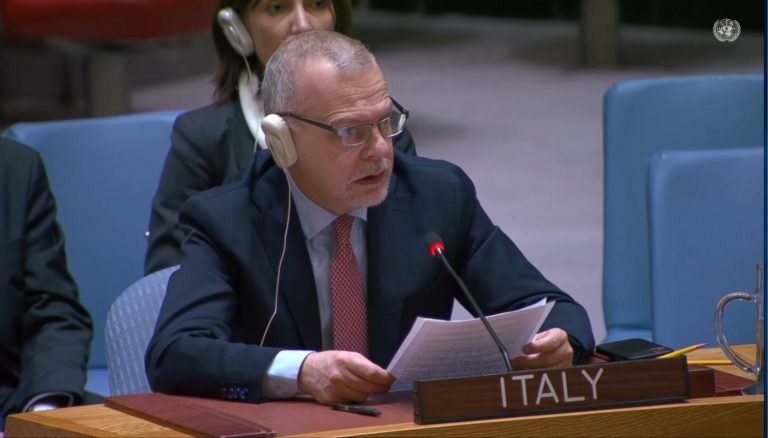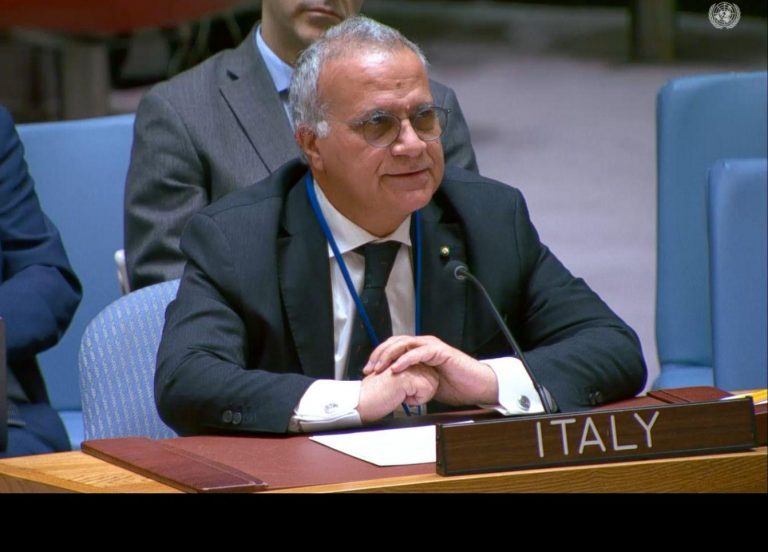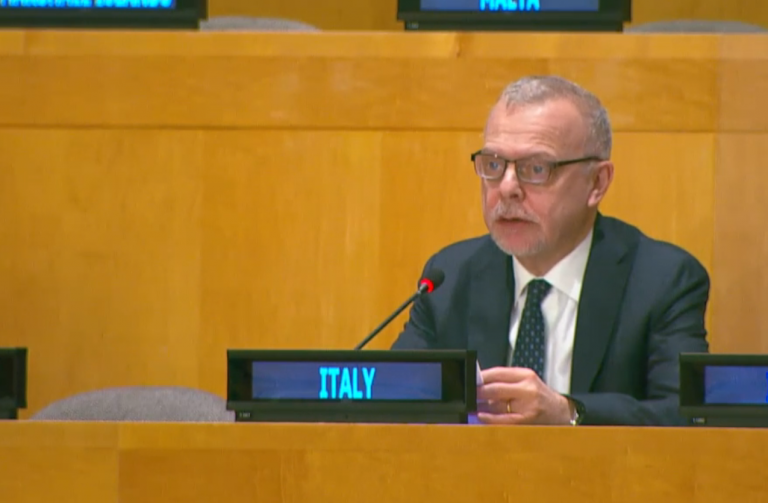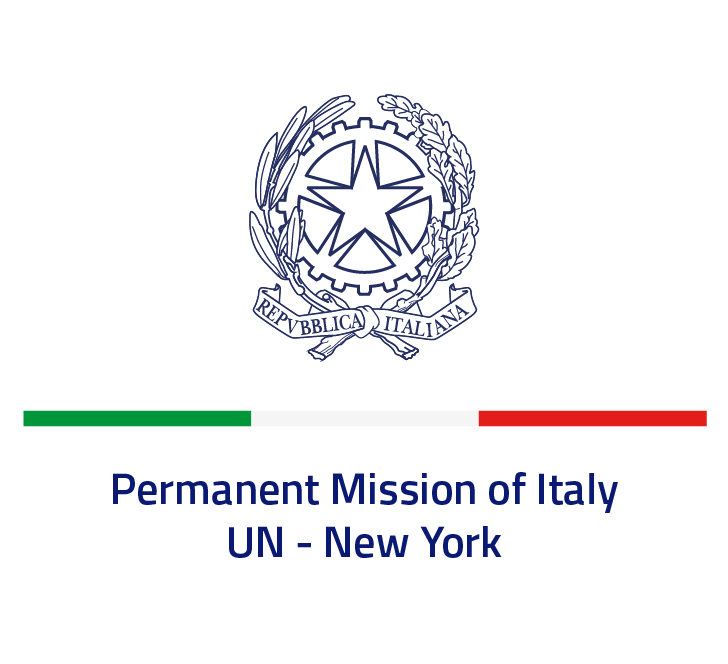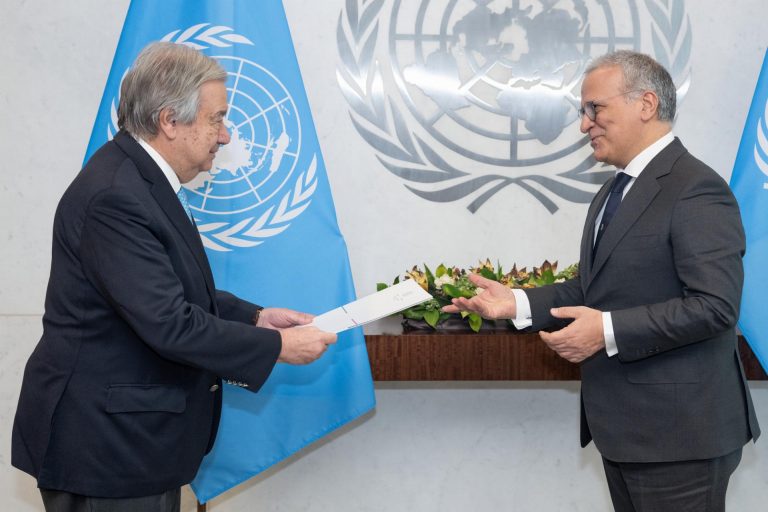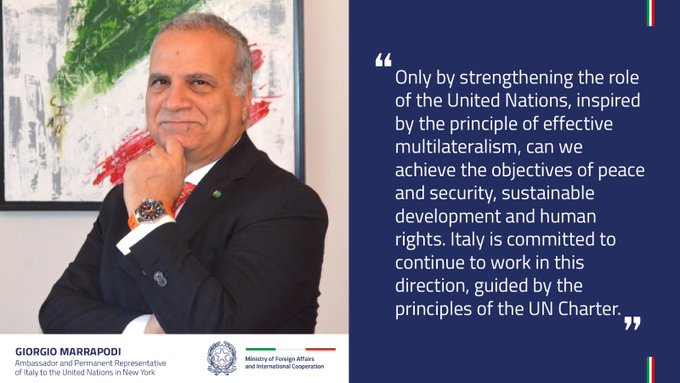The first International Day against Transnational Organized Crime was celebrated yesterday at the UN Headquarters with a high-level event co-hosted by Italy in the UN Office on Drugs and Crime (UNODC) with more than 50 participants from Member States and specialized agencies, and with the exhibit “Cooperation in the fight against transnational organized crime – the Italian experience”. The exhibit, inaugurated by Italy’s Permanent Representative to the UN, Amb. Maurizio Massari and by the Director of UNODC in New York (UN Office on Drugs and Crime), Delphine Schantz, was promoted by the Ministry of Foreign Affairs and International Cooperation, the Ministry of the Interior and the Ministry of Justice.
This is the first exhibit that chronicles the main historical stages through which the fight against transnational organized crime has developed, both in Italy and abroad.
The narration starts with the mid-80s Cosa Nostra maxi-trial, progresses with the Capaci and Via d’Amelio massacres, the approval in 2000 of the Palermo Convention and the international collaborations that followed, all the way to present day, with all the challenges posed by new digital technologies and online crime and the strategies implemented by the Anti-Mafia Investigation Directorate.
“This very first International Day sends a clear message to the world: the spirit of the Palermo Convention will never die, like the legacy of judges Falcone and Borsellino, who brought us together here today. They were two warriors, two heroes, but above all they are the epitome of courage, self-sacrifice and service to the State. Today we pay tribute to them and to all those who have devoted their life to or sacrificed it for this cause”, said Ambassador Maurizio Massari in his opening remarks.
The International Day against Transnational Organized Crime was established with the UN General Assembly Resolution adopted last March and promoted by Italy with a group of member states. The date chosen, November 15, honors the very same day when in 2000 the UN General Assembly adopted the UN Convention against Cross-Border Organized Crime, the so-called Palermo Convention. The Convention, which today counts 192 States Parties, was opened for signature in Palermo, during the United Nations Conference on Organized Crime which took place from 12 to 15 December 2000.
The Palermo Convention’s enduring legacy lies in the cooperation mechanism it set up, through which signatory states can easily share sensitive data, competencies and best practices in their fight against transnational crime.








